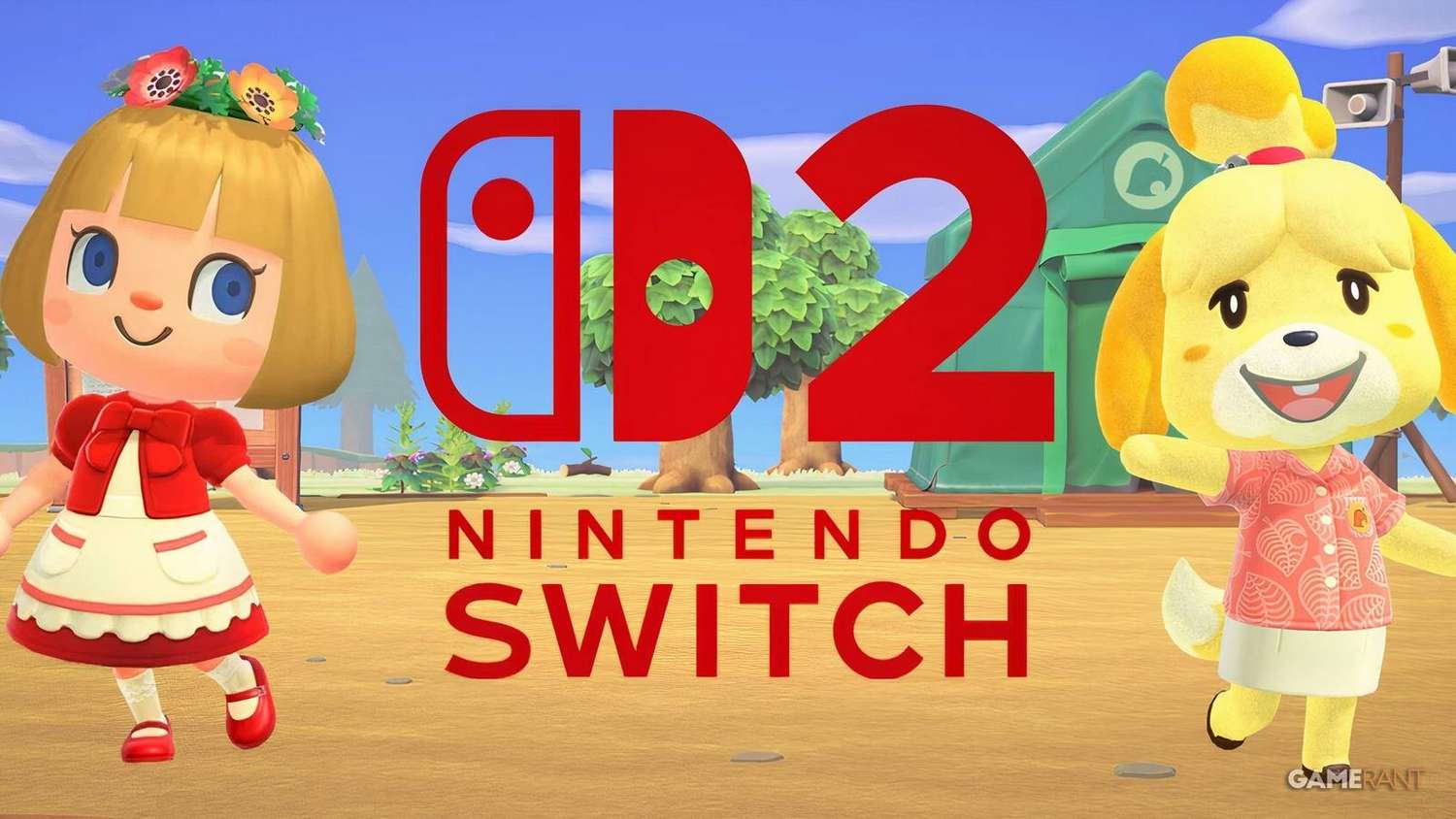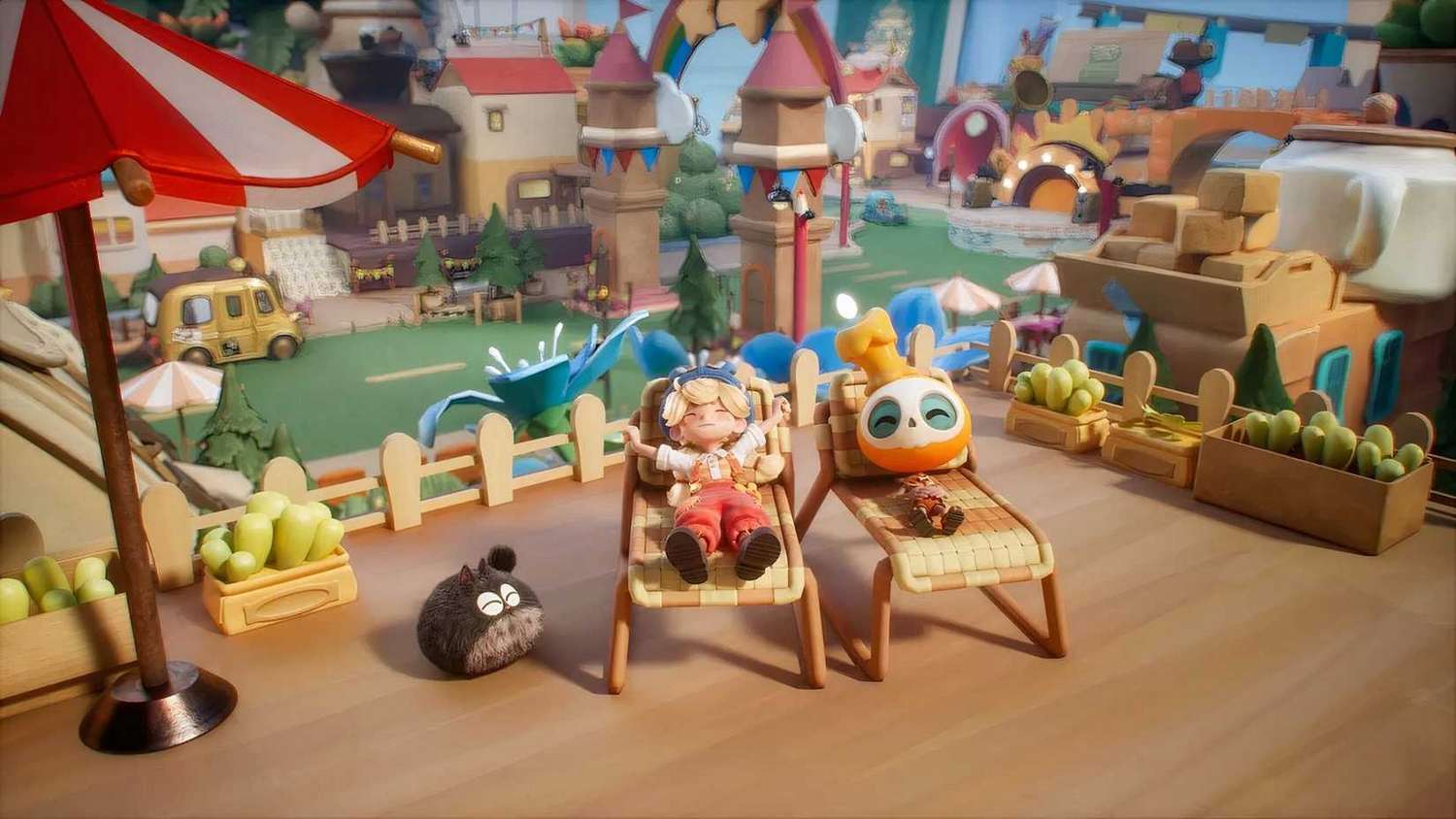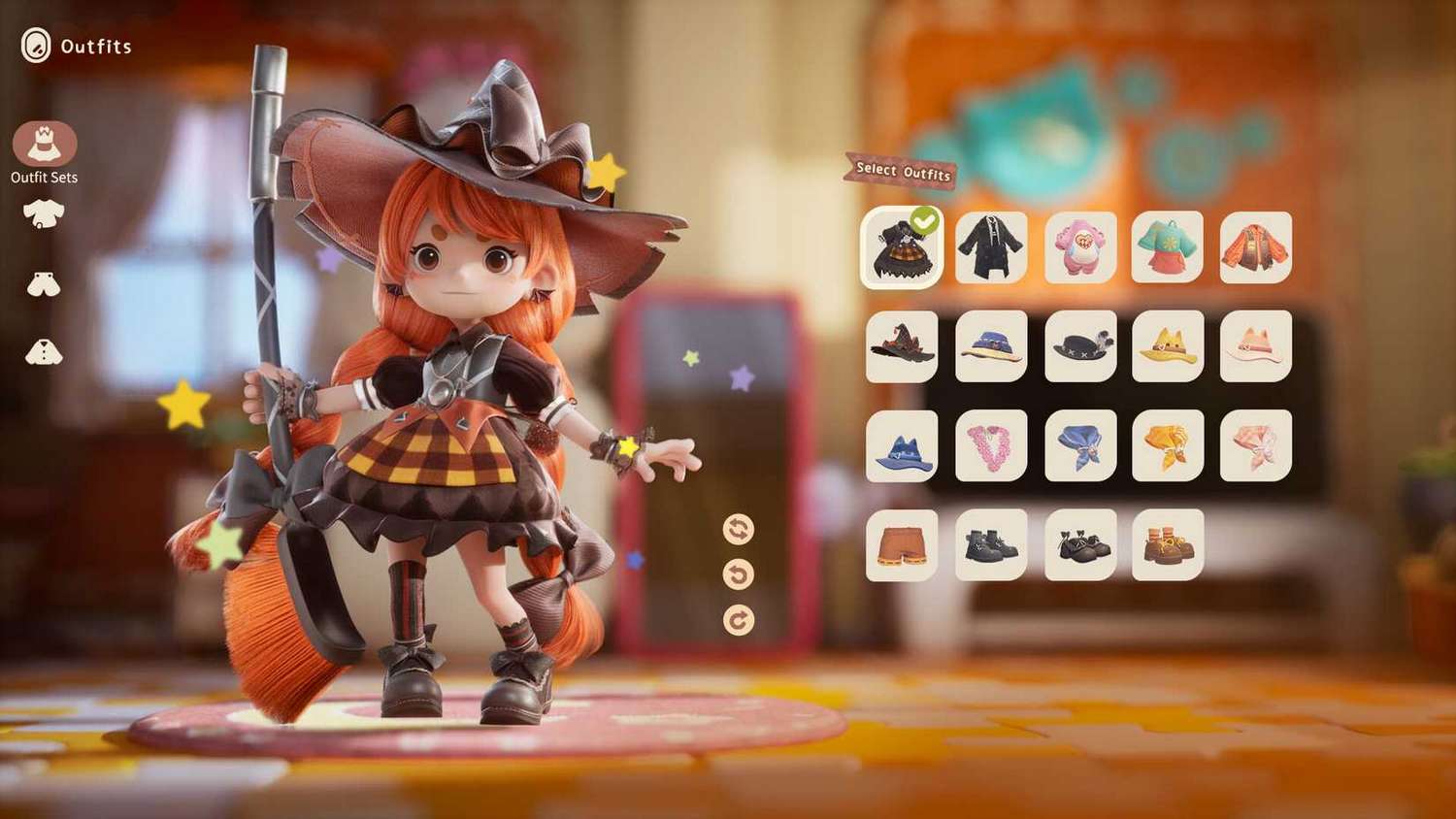Petit Planet: HoYoverse’s Cosmic Life-Sim Set to Challenge Nintendo’s Animal Crossing Dominance
Popular Now
 Minecraft
Minecraft
 Gacha Club
Gacha Club
 Fortnite
Fortnite
 Poppy Playtime
Poppy Playtime
 Counter-Strike 2
Counter-Strike 2
 PUBG Mobile
PUBG Mobile
 BeamNG.drive
BeamNG.drive
 Stumble Guys
Stumble Guys
 CarX Street
CarX Street
 The Cozy-Gaming Landscape Shifts: HoYoverse Unveils a Major Contender to the Reign of Nintendo’s Beloved Franchise
The Cozy-Gaming Landscape Shifts: HoYoverse Unveils a Major Contender to the Reign of Nintendo’s Beloved Franchise
For years, the life-simulation genre, often dubbed “cozy gaming,” has been unequivocally dominated by one title: Nintendo’s Animal Crossing. The franchise, particularly with the massive success of Animal Crossing: New Horizons, has set the benchmark for community building, interior design, and low-pressure daily activities. However, a significant shift is now on the horizon. The recent announcement of Petit Planet, a new cosmic life-sim from HoYoverse—the powerhouse developer behind global free-to-play (F2P) juggernauts like Genshin Impact and Honkai: Star Rail—signals the most direct and potent challenge to the established order yet. Industry analysts and gamers are closely watching, anticipating a true head-to-head competition that could redefine the market for high-value cozy experiences.
The implications of a major developer like HoYoverse, known for their high CPC monetization models and exceptional production values, entering this niche are enormous. Nintendo’s Animal Crossing has always been tied to a premium console purchase and a $60 game price tag. Petit Planet, by contrast, is confirmed for release on PC and Mobile, with other platforms “in development,” and is widely expected to adopt the successful Free-to-Play (F2P) structure synonymous with its creators. This fundamental difference in accessibility and cost to entry instantly expands the potential player base into the hundreds of millions, positioning Petit Planet as a serious threat to the market share currently held by New Horizons.
A Galaxy of Customization: A Closer Look at Petit Planet’s Core Loop
Initial press releases and the reveal trailer showcase a game that deftly borrows core mechanics from the Animal Crossing playbook while injecting a fresh, cosmic twist. In Petit Planet, players claim and cultivate their own miniature planet, referred to as a “planetoid.” Instead of a deserted island, the canvas for creativity is an entire celestial body.
The game’s core loop revolves around:
- Planetary Customization and Farming: Similar to island management, players must farm resources, terraform the landscape, and construct homes and facilities. The unique cosmic setting promises more fantastical customization options than the relatively grounded nature of a tropical island.
- The ‘Neighbors’ and Community: The game features adorable, animal-like residents, the “Neighbors,” who inhabit their own separate planetoids. This is where the multiplayer element gets interesting. Players will use a “space car” to travel between their own planet and the tiny worlds of their friends and other players, fostering a galactic community that feels both intimate and expansive.
- Crafting and Discovery: Exploration will involve finding “Unknown Islets” to unlock new recipes, items, and creatures, tying discovery directly into the crafting and decorating process. This sense of continuous progression and unlockables is a hallmark of successful live-service games.
The focus on multiplayer functionality and a shared, explorable galaxy significantly improves upon the often-criticized cumbersome social experience in Animal Crossing: New Horizons. This enhanced social connectivity is a key differentiator and a major draw for the contemporary gaming audience.
 The Financial and Strategic Implications: High CPC Keywords in a Cozy Wrapper
The Financial and Strategic Implications: High CPC Keywords in a Cozy Wrapper
HoYoverse’s move into the cozy life-sim genre is a calculated strategic masterstroke. It leverages their expertise in building compelling F2P ecosystems and taps into a demographic that has proven its willingness to invest heavily in virtual customization and digital real estate—two areas rife with high-value microtransaction potential.
The keywords driving high-cost-per-click (CPC) advertising in this space often revolve around:
- Virtual Currency: The in-game monetization for unique decorations, premium cosmetic bundles, and time-saving items. Petit Planet’s F2P model is expected to monetize heavily through these profitable avenues.
- Limited-Time Content: HoYoverse is an expert at driving engagement and spending through frequent, high-quality content updates and time-limited events. This is a direct competitive advantage over Animal Crossing, which has seen a slowdown in major new content releases post-initial launch phase.
- Cross-Platform Accessibility: Being available on Mobile and PC gaming allows the game to capture a massive market segment entirely outside of the Nintendo console ecosystem, making it a viable and affordable alternative for millions worldwide.
The anticipated revenue generation from Petit Planet, based on HoYoverse’s track record with their other titles, suggests this will not be a niche release, but a multi-million dollar venture poised to capture a substantial slice of the casual gaming market’s budget.
Animal Crossing: A Legacy to Defend
While Petit Planet presents a formidable challenge, it is premature to declare the end of Nintendo’s reign. Animal Crossing: New Horizons maintains a deeply loyal and dedicated fan base. Its unique charm, iconic characters like Isabelle and Tom Nook, and the nostalgic power of the Nintendo brand are powerful assets. Furthermore, the game’s strict real-time clock adherence and the gentle pace of its progression are exactly what its players love—a true digital escape with a calming routine.
However, the industry is moving toward greater flexibility. The recent announcement of the Pokémon Company’s own Animal Crossing-like title, Pokémon: Pokopia (slated for 2026 on the Switch 2), further validates the genre’s explosive popularity and the growing number of competitors. Nintendo will need to lean heavily on the intangible appeal of its established IP and, critically, ensure the next major iteration or update offers compelling new reasons for the massive New Horizons audience to remain engaged.
 The Future of Cozy Gaming: A Win for the Player
The Future of Cozy Gaming: A Win for the Player
The impending arrival of Petit Planet in the life-sim space is not just a commercial story—it’s a massive win for consumers. Competition breeds innovation, higher production values, and, most importantly, more choice. Whether players prefer the charming, console-exclusive island life or the expansive, F2P cosmic journey, the new wave of cozy games is forcing developers to push the boundaries of creativity and technical execution.
Petit Planet has all the ingredients—the developer pedigree, the optimal platform strategy, and a refreshing cosmic theme—to become the first life-sim to truly go head-to-head with the undisputed king of the genre. The coming months will be a crucial battleground in the gaming industry, and players worldwide stand to benefit from the outcome.






